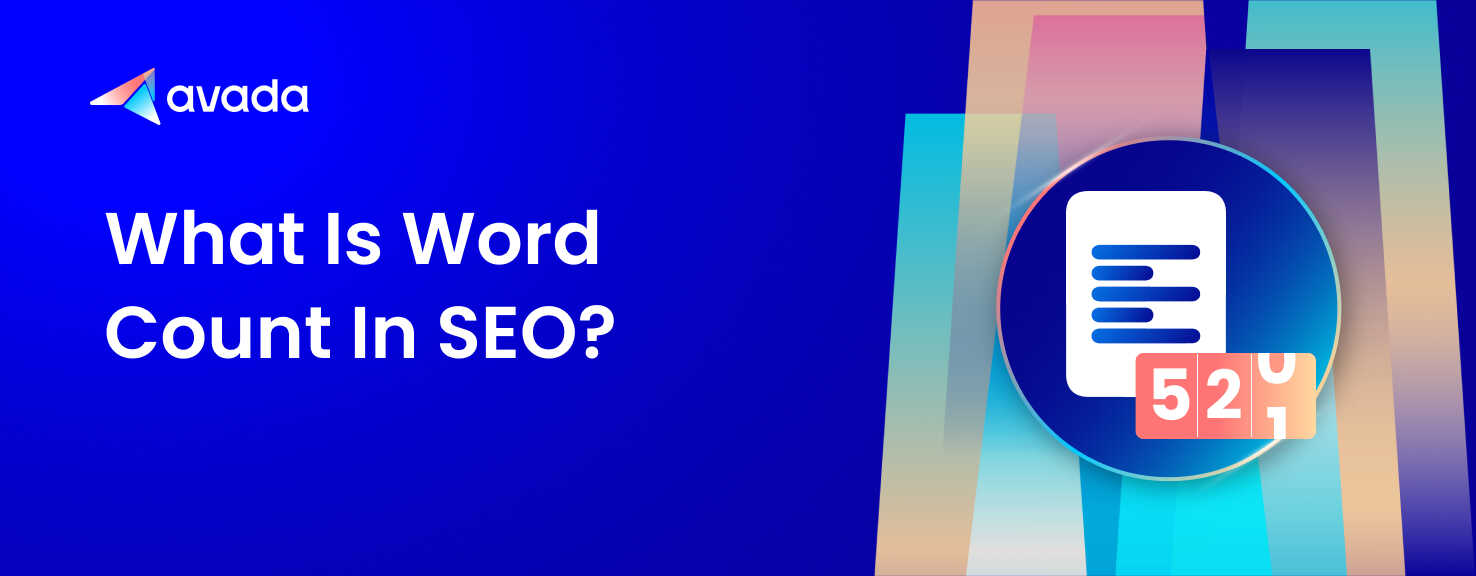What Is Word Count In Seo And How They Impact Your Rankings

SUMMARY
- 🤔 Quality vs. Quantity: Longer content doesn’t guarantee better rankings; focus on providing valuable, engaging content.
- 📝 Ideal Word Count: Different content types have different ideal word counts; prioritize quality over quantity.
- 🎯 Understanding Your Audience: Tailor content length to suit your target audience’s preferences.
- 💡 Readability & Engagement: Use simple language and engaging elements to keep readers hooked and improve readability.
- 📊 Monitor & Adjust: Track content performance with tools like Google Analytics and adjust your strategy accordingly.
Conclude: Achieving the perfect balance between word count and SEO requires understanding your audience, focusing on quality content and engagement, and being willing to adapt your content strategy based on performance data.
Introduction: The Impact of Word Count on SEO
Have you ever wondered how the length of your content affects its search engine optimization (SEO)? Does a higher word count automatically guarantee better search rankings? How can you strike the perfect balance between engaging content and SEO-friendly word count? In this article, we will explore the answers to these questions and delve into the intricate relationship between word count and SEO, using real-world examples to illustrate the concepts.
The Truth About Word Count and SEO
- The Quality vs. Quantity Debate
One of the biggest misconceptions about SEO is that longer content automatically equals better rankings. For instance, a study by Backlinko found that the average word count of Google first page results is 1,890 words. However, it’s important to note that the real secret lies in the quality of the content. Google’s algorithms are designed to prioritize content that is engaging, informative, and relevant to users’ needs. So, instead of focusing solely on word count, concentrate on providing valuable information that keeps your readers engaged.
- Ideal Word Count for Different Types of Content
There is no one-size-fits-all answer when it comes to the ideal word count for SEO. Different content types have different functions, and their ideal word count varies accordingly. For example:
- Blog posts: A blog post on a topic like “10 Tips for Effective Time Management” can be engaging and informative with just 1,000-2,000 words.
- In-depth guides: A comprehensive guide on “The Complete History of Artificial Intelligence” may require 2,500-3,000 words to cover the subject in detail.
- Product descriptions: A brief yet captivating description of a new smartphone could be achieved in just 300-500 words.
- Landing pages: An effective landing page for a digital marketing agency might only need 800-1,200 words to convey its value proposition and encourage conversions.
Remember, these are just general guidelines – always prioritize quality over quantity.
Crafting Content with the Right Word Count
- Understanding Your Audience
The key to crafting content with the right word count is understanding your target audience. For example, if your target audience is busy professionals looking for quick tips on productivity, they may prefer shorter, concise blog posts of around 800-1,000 words. On the other hand, a tech-savvy audience seeking in-depth information on cutting-edge technologies might appreciate longer, more detailed articles of 2,000 words or more. Conduct thorough market research and analyze your competitors to create a comprehensive audience profile. This will help you tailor your content length to suit their preferences.
- Focusing on Readability and Engagement
A high word count doesn’t guarantee engagement. In fact, excessively lengthy content can overwhelm your readers, leading to a high bounce rate. To keep your readers hooked, use simple language, active voice, and engaging elements like rhetorical questions, analogies, metaphors, and quotes. Break up long paragraphs with subheadings, bullet points, and images to improve readability.
- Monitoring and Adjusting Your Content Strategy
The best way to determine the optimal word count for your content is by monitoring its performance. For example, you might notice that your 3,000-word articles on “The Future of Renewable Energy” receive fewer page views and shares compared to your shorter, 1,500-word pieces on “Top 5 Solar Gadgets for Your Home.” This data suggests that your audience might prefer shorter, more digestible content on this particular topic.
To monitor user engagement, bounce rate, and conversions, utilize tools like Google Analytics. Based on your findings, make necessary adjustments to your content strategy – whether it’s increasing or decreasing the word count, improving readability, or adding more engaging elements.
Conclusion: Balancing Word Count and SEO for Success
In conclusion, there is no magic number when it comes to word count and SEO. Striking the perfect balance between engaging content and SEO-friendly word count requires a deep understanding of your audience, a focus on readability and engagement, and a willingness to adapt your content strategy based on performance data.
As the famous saying goes, “Content is king.” By prioritizing quality over quantity and crafting content that resonates with your target audient, you can achieve higher search rankings and drive more organic traffic to your website. For instance, a well-written, 1,500-word article on “The Benefits of Yoga for Mental Health” might perform better than a poorly-written, 3,000-word article on the same topic. Don’t forget to include a strong call-to-action (CTA) that encourages your readers to do the required action, like registering for your newsletter or making a purchase, or sharing your content with their network. For example, ending your article with a compelling question like, “Ready to experience the transformative power of yoga? Sign up for our beginner’s course today!” can entice your readers to take the next step.
Are you prepared to take your content marketing to the next level? ? Get in touch with our team of professional copywriters and SEO experts today to optimize your content strategy for maximum impact. With the right approach, you can achieve the perfect balance between word count and SEO, setting your content up for success.
New Posts






